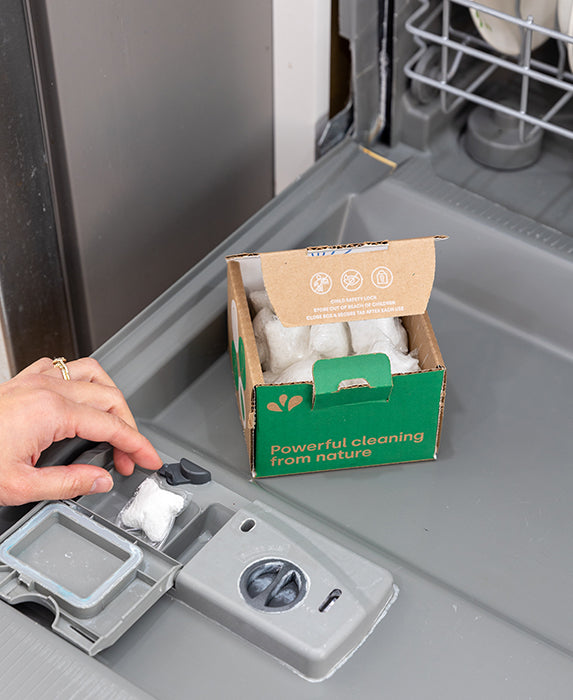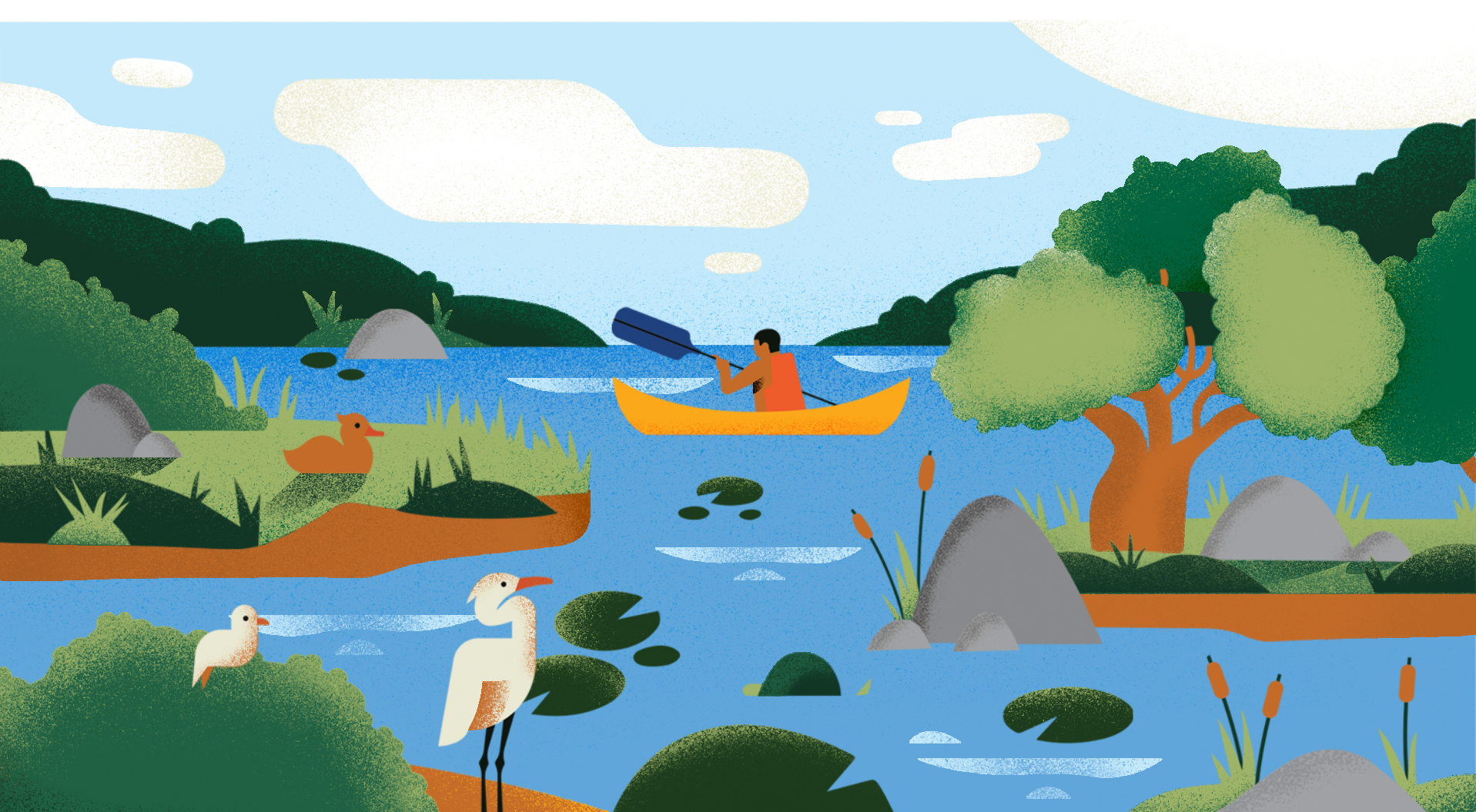As we move into 2023, sustainable travel has become more important than ever. With climate change and environmental degradation becoming increasingly urgent issues, it’s crucial that we all do our part to travel in ways that are responsible and sustainable. That’s why we’ve put together these sustainable travel tips, you can help reduce your carbon footprint and minimize your impact on the planet.
1. Choose Sustainable Accommodations
When it comes to sustainable travel, choosing the right accommodations can make a big difference. Look for hotels, hostels, and Airbnbs that have eco-friendly practices, such as using renewable energy sources, conserving water, and minimizing waste. You can also consider staying in a sustainable community or eco-lodge that supports conservation efforts.
2. Bring Your Own Reusable Items
Reduce your plastic use by bringing your own reusable items with you on your travels. This includes items like water bottles, coffee cups, shopping bags, and utensils. We highly recommend quality Stasher Bowls and Quart Bags. By avoiding single-use plastics, you can help reduce the amount of waste that ends up in landfills and oceans.
3. Pack Light
When you pack for your trip, try to pack as lightly as possible. The heavier your luggage, the more fuel your transportation will need to use, increasing your carbon footprint. Pack only the essentials and consider leaving some items behind if they’re not absolutely necessary.
4. Travel Slow
The transportation you use during your trip can have a big impact on your carbon footprint. Instead of flying, consider taking a train or bus, or even cycling or walking if possible. If you do need to fly, consider offsetting your carbon emissions through a reputable carbon offset program.
5. Support Local Businesses
When you travel, make an effort to support local businesses and communities. Eat at local restaurants, buy souvenirs from local artisans, and take part in cultural experiences that support the local economy. This can help create a more sustainable tourism industry that benefits everyone involved.
6. Reduce Energy Consumption
When you stay in your accommodations, be conscious of your energy consumption. Turn off lights and air conditioning when you leave the room, and try to minimize your use of electronic devices. Consider using natural light and fresh air instead of artificial lighting and air conditioning.
7. Respect Local Wildlife
If you’re traveling to a destination with wildlife, be respectful of their habitat and behavior. Don’t approach or touch wild animals, and avoid activities that involve the exploitation or mistreatment of animals. By respecting local wildlife, you can help protect their habitats and ensure their survival for future generations. In addition, do not participate in activities that use animals for commercial gain. These include things like elephant riding, tiger photos and even zoos.
8. Eat Vegan
Animal agriculture is one of the most devastating industries to the Earth. By choosing to eat plant-based foods on your travels you’re supporting local eco-conscious while doing your part to not contribute to the climate crisis. You can find local vegan food guides and travel tips via sites like Roaming Vegans.
9. Minimize Water Usage
Water is a precious resource, especially in areas where it’s scarce. Minimize your water usage by taking shorter showers, reusing towels, and turning off the tap when you’re brushing your teeth or washing your face. You can also consider staying in accommodations that use water-saving practices, such as low-flow shower-heads and toilets.
10. Learn About Local Cultures and Customs
Before you travel to a new destination, take the time to learn about the local cultures and customs. This can help you avoid unintentionally offending or disrespecting local people, and can also help you gain a deeper appreciation for the destination you’re visiting.
11. Leave No Trace
When you’re traveling, make an effort to leave no trace. This means taking your trash with you and leaving the environment as you found it. Avoid littering, damaging natural landmarks, or disturbing wildlife. By leaving no trace, you can help preserve the natural beauty of the places you visit for generations to come.
Jase is a tireless vegan traveler who has explored the world through the lens of plant-based living. With a deep appreciation for sustainable and ethical travel, his adventures have taken him to far-flung destinations where he has immersed himself in local cultures and cuisines. He writes about these adventures on his blog Roaming Vegans.









